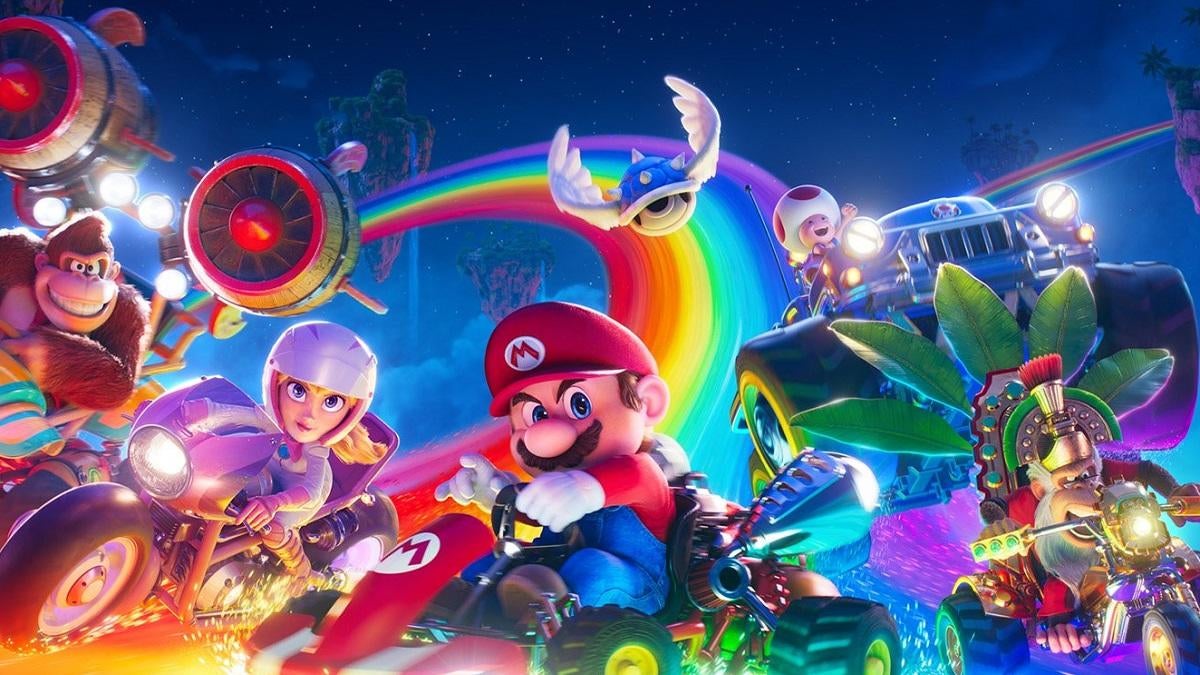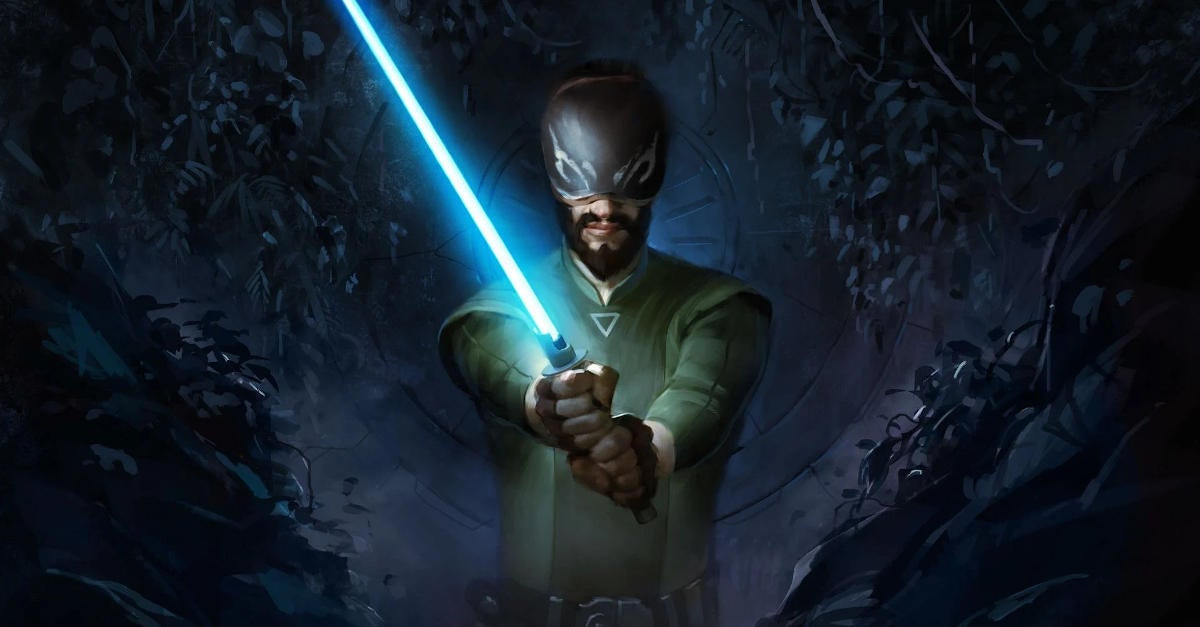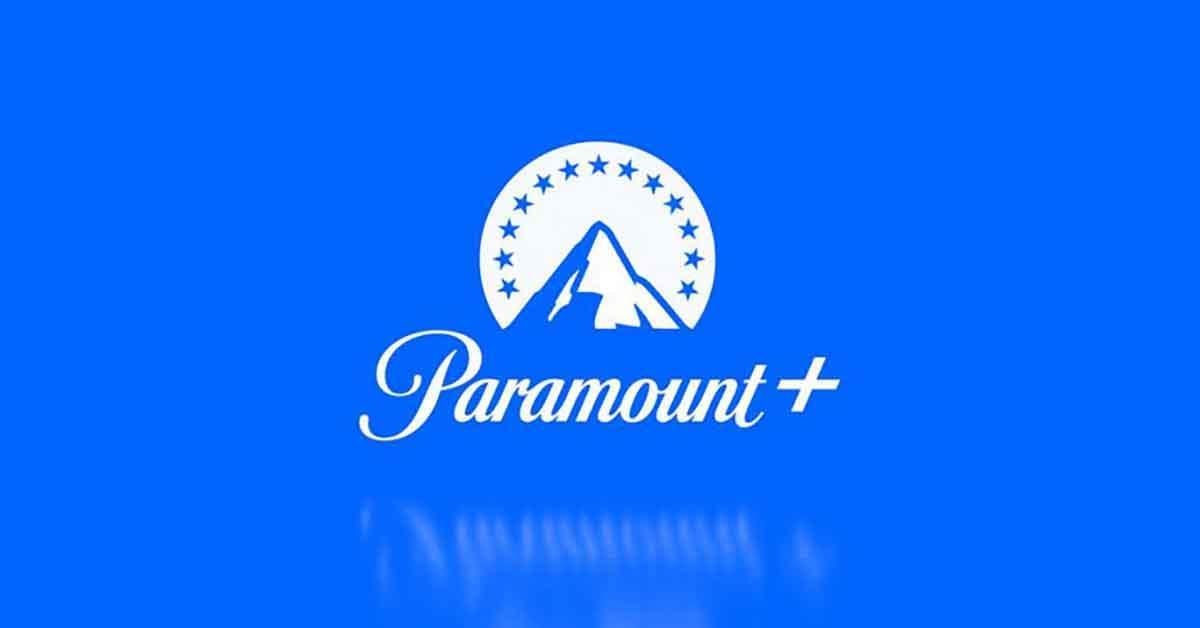'Avengers: Infinity War' Director Tells Other Studios Wanting To Do A Cinematic Universe - "Don't"
As ambitious and forward-thinking as the Avengers Initiative itself, the Marvel Cinematic Universe [...]
As ambitious and forward-thinking as the Avengers Initiative itself, the Marvel Cinematic Universe is attempting to tell stories in ways no other franchises have before by offering audiences a long-form narrative across multiple titles. The most recent film in the series, Avengers: Infinity War, continues to break box office records, seemingly hinting at the undisputed success of a shared universe. One of the film's directors, however, knows the risks involved with this method of filmmaking and hopes to deter other studios from following suit.
"Yeah, don't do it," Joe Russo shared with Variety when asked for advice he'd give other studios. "Not everything can be sustained through a cinematic universe."
While his response may have been blunt, we can't help but agree with the difficulties of crafting a universe as vast as Marvel's.
Take, for example, the DC Extended Universe. The second entry in the series, Batman v. Superman: Dawn of Justice, had to introduce Batman in this shared universe, create a reason he wanted to destroy Superman, and ultimately make the duo come together to fight a new evil. The film was a box office success, though one of the complaints about the film was not only its bloated running time,but also its difficulties of coordinating so many narrative elements.
Similarly, Justice League ran into difficulties while bringing in the familiar Batman and Wonder Woman while also introducing Cyborg, The Flash, and Aquaman to form the superhero team, in addition to creating (and defeating) a compelling villain. Much like Batman v. Superman, critics and audiences struggled to connect with the film, resulting in a lackluster box office performance. The result is an ever-shifting slate of future DCEU films that all ultimately feel like theories rather than guarantees.
"The advice would be to continue to look for new ways to tell stories, because I think the audience is open to it," Russo elaborated. "There is traditionally a generational divide, but I think this new generation is going to advance storytelling in a way we haven't seen in a long time because of the tech advancements in their lives and the way they are used to digesting content on YouTube and social media in much more compressed formats, more facile, fluid. And they like longterm emotional commitment, but there's lots of ways to engender that that do not involve building out a universe."
Another recent example of the complications of building a cinematic universe is Universal Pictures' "Dark Universe," which was intended to revive the studio's most iconic monsters. In 2014, Dracula Untold was meant to be a soft launch of the idea, though disappointing box office and critical reception scrapped that notion. Instead, last summer's The Mummy "officially" kicked off the Dark Universe, with the studio even announcing that Russell Crowe, Johnny Depp, and Javier Bardem were attached to play Dr. Jekyll/Mr. Hyde, The Invisible Man, and Frankenstein's Monster respectively.
Unfortunately, The Mummy also had an underwhelming critical and financial response, putting the planned next chapter in the Dark Universe, The Bride of Frankenstein, on an indefinite hiatus, possibly killing the shared universe before it could get started.
You can check out the latest chapter of the MCU, Avengers: Infinity War, in theaters now.
Other upcoming Marvel Cinematic Universe films include Ant-Man and The Wasp on July 6th, Captain Marvel on March 8, 2019, and the fourth Avengers on May 3, 2019. The sequel to Spider-Man: Homecoming hits on July 5, 2019, and Guardians of the Galaxy Vol. 3 lands in 2020.
What do you think about the filmmaker's comments about a shared universe? Let us know in the comments below!
[H/T Variety]




